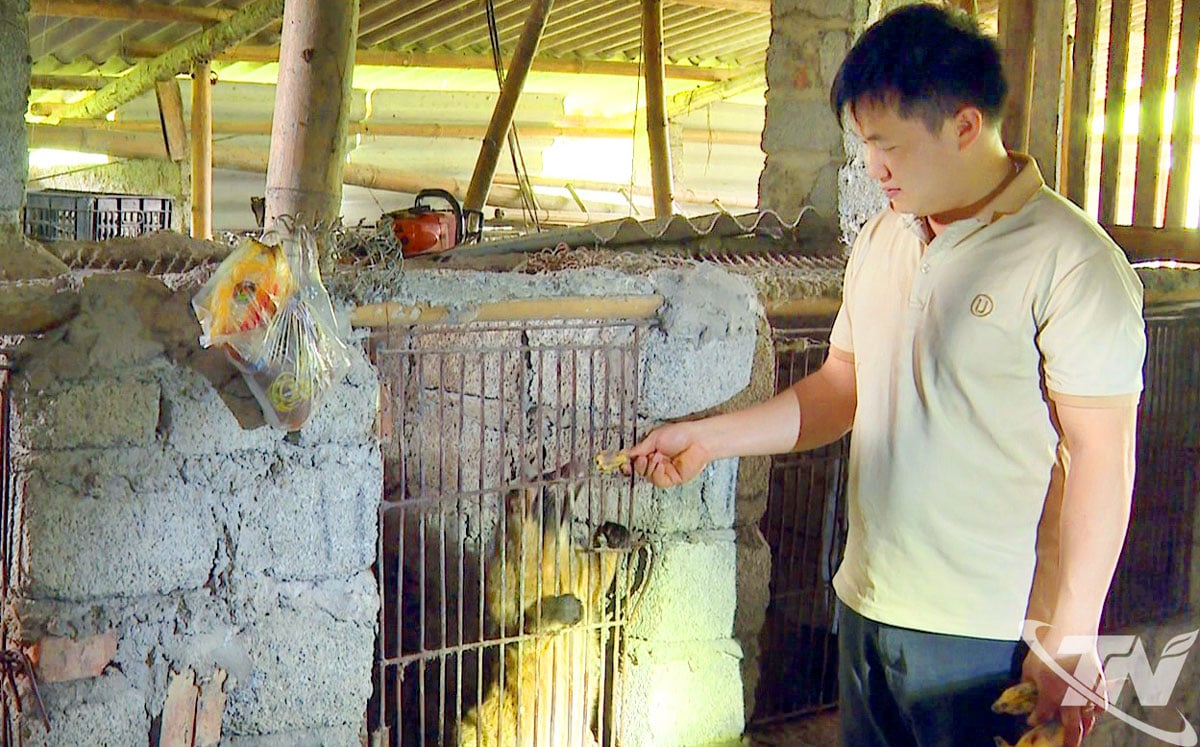 |
| Civet farming model of Mr. Hoang Van Linh, in Pac Chi village, Thuong Minh commune. |
In 2019, while looking for ways to develop the economy , Mr. Hoang Van Linh spent time reading books and newspapers, visiting many livestock models. Through that, he learned about the palm civet, an animal that lives in the wild, is easy to domesticate, has delicious meat and high commercial value. "I want to try raising something new, with little competition but high economic value. Seeing many households in neighboring provinces initially successful, I am more confident and determined to try my hand right in my homeland" - Mr. Linh shared.
Thinking is doing, Mr. Linh borrowed more than 80 million VND to build a barn and buy breeds. The price of civets at that time was quite high, a pair of young civets was about 16 million VND, a pair of adults cost from 23-30 million VND. It was that bold decision that laid the foundation for the young man's livestock model.
The area is nearly 700 square meters wide, divided into four rows of solid brick cages, designed to limit light, suitable for the nocturnal habits of civets. Food is simple and easy to find, such as ripe bananas, pumpkins, rice porridge, corn porridge... On average, an adult only costs about 2,000 VND/day, much cheaper than raising pigs or chickens. After a year, the initial civet herd reproduced steadily and developed well.
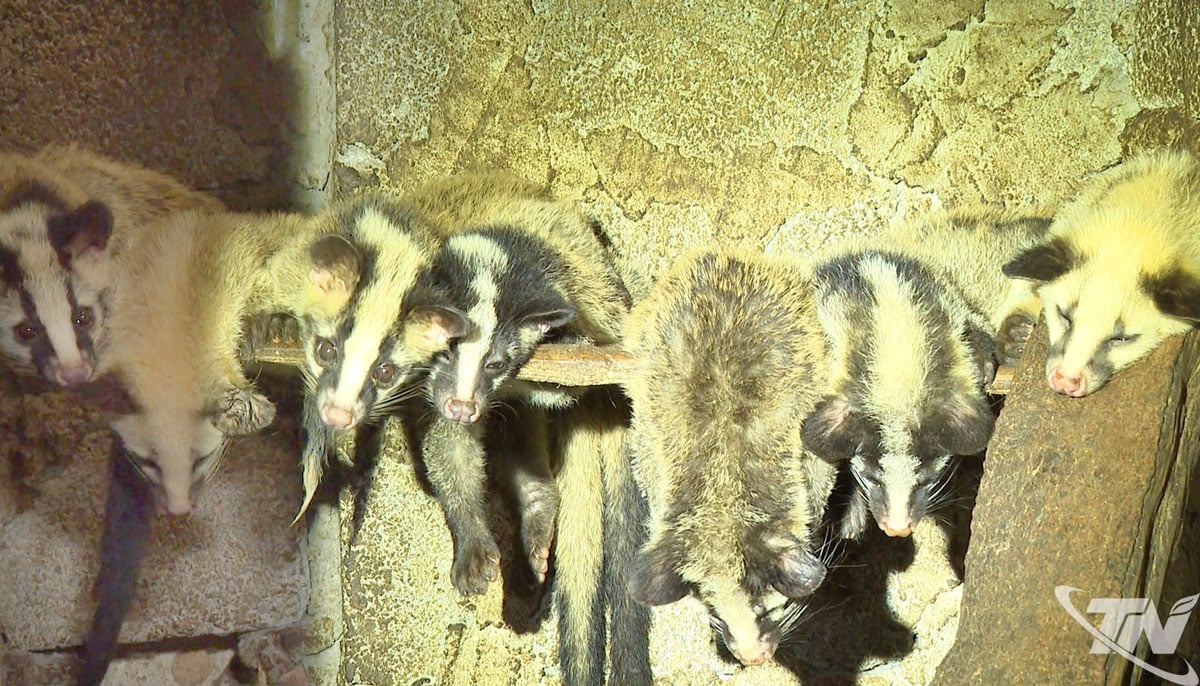 |
| Palm civet is a special management animal, its breeding and raising is closely monitored by authorities. |
Up to now, Mr. Linh has maintained nearly 100 civets, including parent civets, reserve civets, commercial civets and newly separated civets. With a selling price of 1.5-2 million VND/kg, civet meat is sought after by many restaurants, but currently he mainly focuses on selling breeding civets. Each year, the farm supplies 30-40 civets, bringing in revenue of 300-400 million VND.
From a seemingly risky decision, Mr. Hoang Van Linh has reaped initial results right in his homeland.
Palm civets are a special management animal, and their raising and breeding must be supervised by the authorities. From the very beginning, Mr. Linh completed the documents, was licensed by the Forestry Department, and made transparent declarations when buying and selling breeds. This compliance not only helped him feel secure in raising them, but also confirmed their legal origin, creating trust with customers and partners.
In reality, economic development from "forest specialties" does not mean illegal exploitation. When strictly managed, a model like Mr. Linh's not only generates income but also contributes to the conservation of resources. The palm civet farm in Pac Chi village not only provides a stable source of income for young families, but also creates a ripple effect, encouraging many young people to boldly start their own businesses.
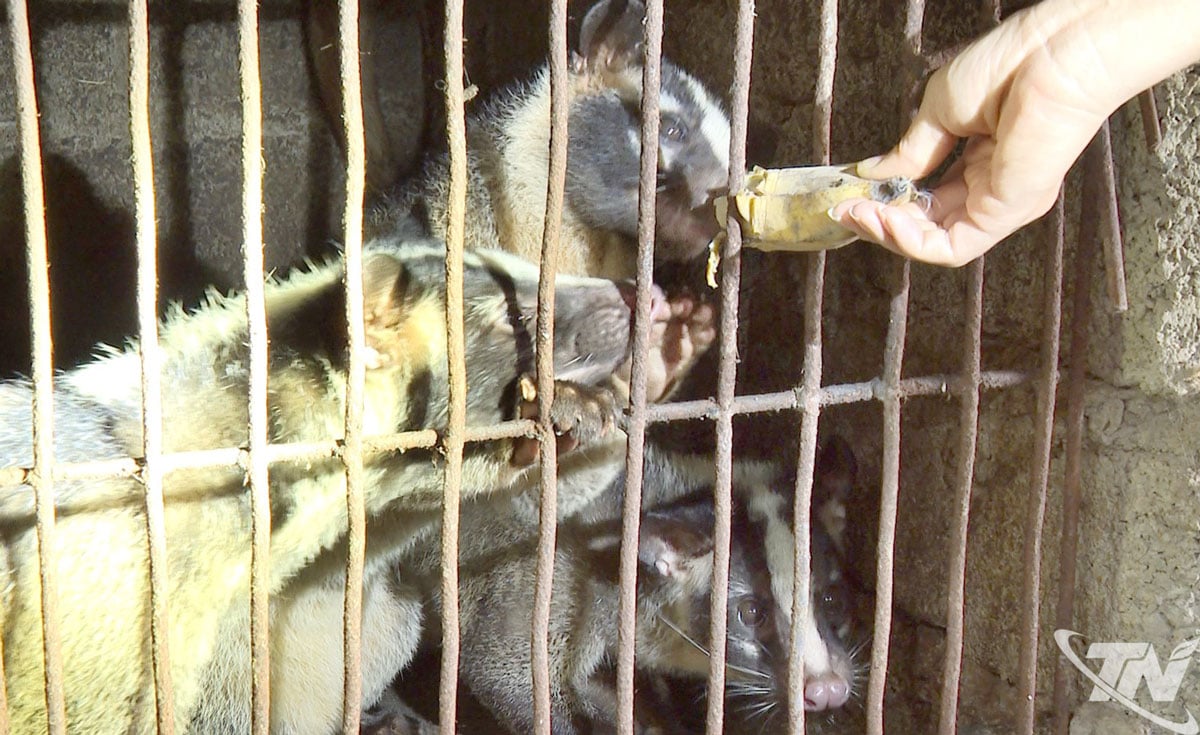 |
| Bananas are a favorite food of palm civets. |
Mr. Ly Xuan Truong, Vice Chairman of Thuong Minh Commune People's Committee, affirmed: The model of raising civets by Mr. Hoang Van Linh is a new direction, bringing clear results, contributing to diversifying livestock and taking advantage of the natural conditions of the locality. The government encourages replication to promote household economy, reduce poverty sustainably, and build new rural areas. Currently, the whole commune has 5 models of youth raising special animals such as civets, bamboo rats, and porcupines.
In the coming time, Mr. Linh plans to expand the herd to 120-150 pigs, invest in more solid barns and raise them commercially to meet market demand. At the same time, he aims to build his own brand, register collective trademarks and link production according to the value chain, thereby stabilizing output, improving competitiveness and sustainable development.
Source: https://baothainguyen.vn/kinh-te/202510/khoi-nghiep-khac-biet-voi-cay-voi-moc-1421cea/




![[Photo] Students of Binh Minh Primary School enjoy the full moon festival, receiving the joys of childhood](https://vphoto.vietnam.vn/thumb/1200x675/vietnam/resource/IMAGE/2025/10/3/8cf8abef22fe4471be400a818912cb85)

![[Photo] Prime Minister Pham Minh Chinh chairs meeting to deploy overcoming consequences of storm No. 10](https://vphoto.vietnam.vn/thumb/1200x675/vietnam/resource/IMAGE/2025/10/3/544f420dcc844463898fcbef46247d16)



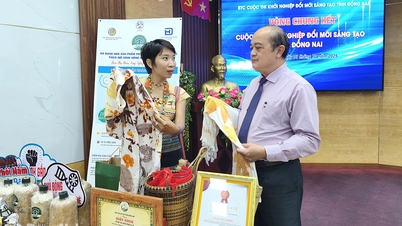
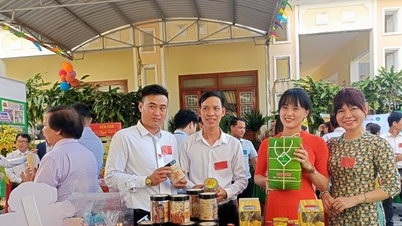






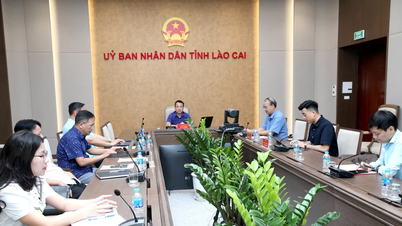


![[Infographic] What are the growth targets of Dong Nai province in the first 9 months of 2025?](https://vphoto.vietnam.vn/thumb/402x226/vietnam/resource/IMAGE/2025/10/3/45f9330556eb4c6a88b098a6624d7e5b)
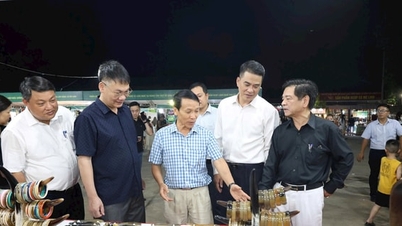


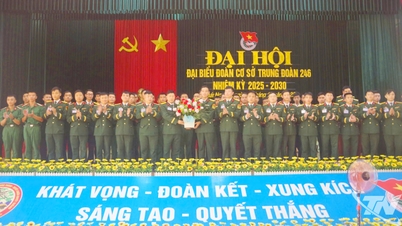




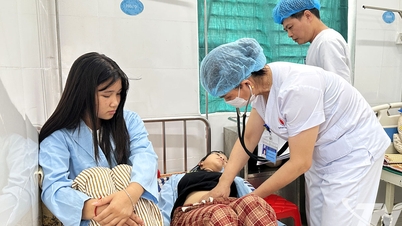
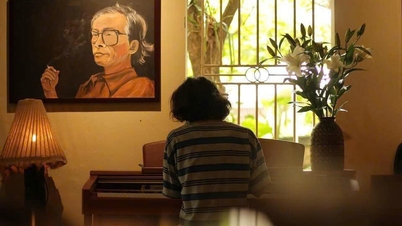


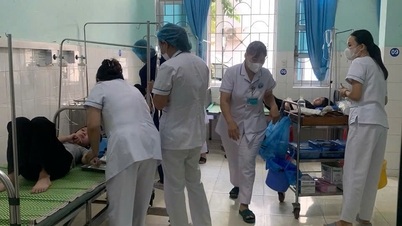
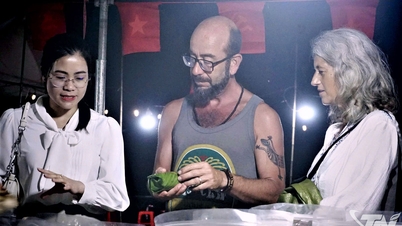




















































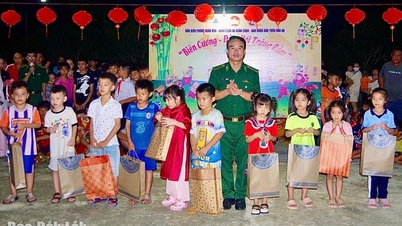
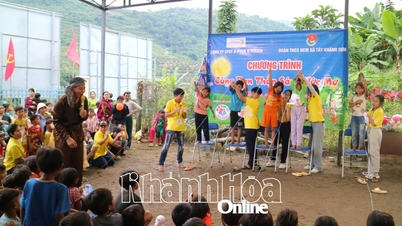



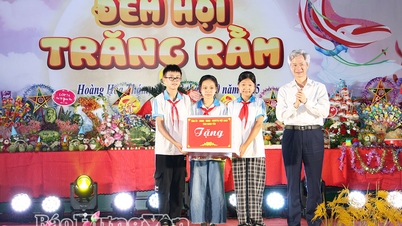
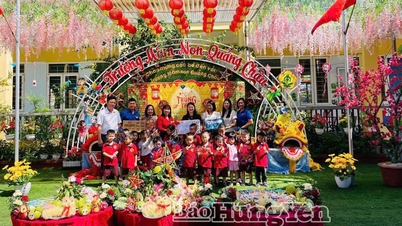











Comment (0)